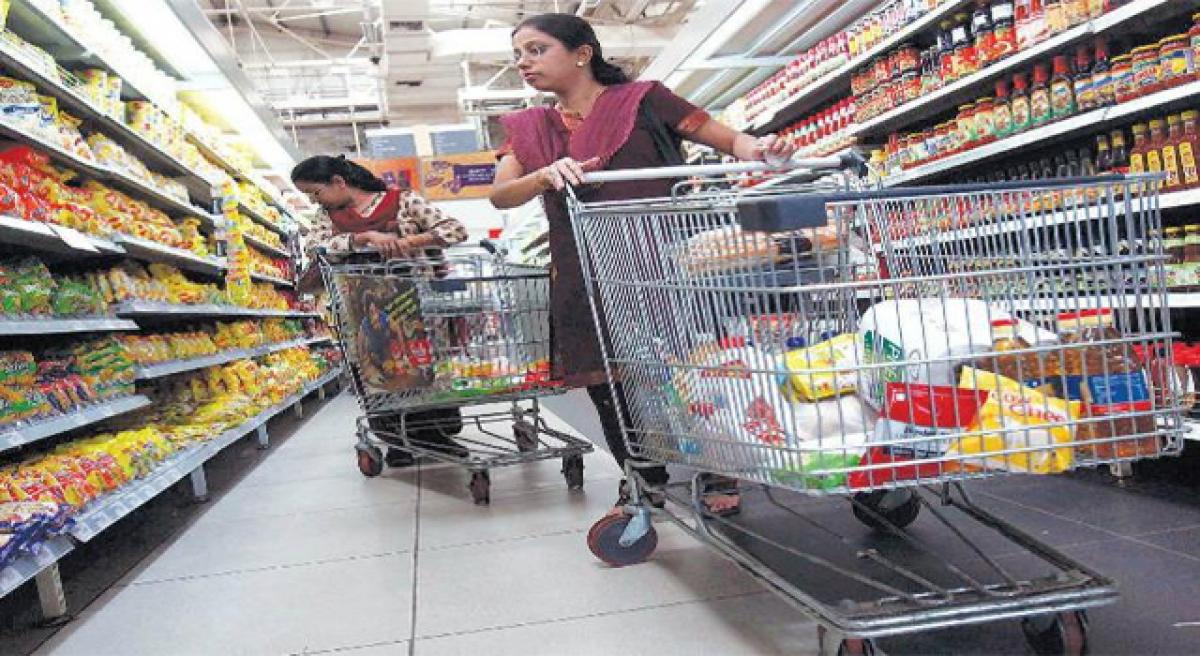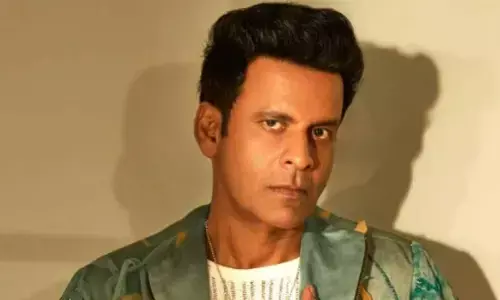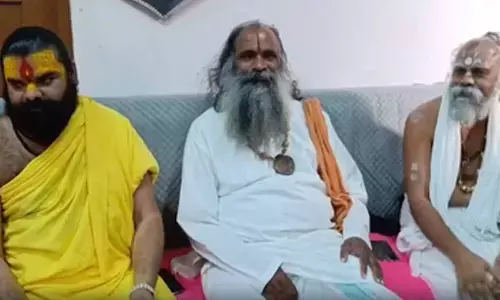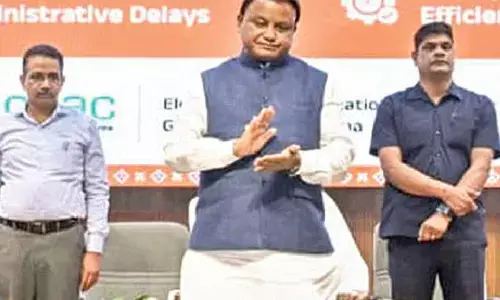The federal concerns

Notwithstanding the macro-level consensus on the much-awaited Goods and Services Tax (GST), the States have started echoing dissenting voices. As the final rollout of GST begins with the enactment of enabling legislation, these voices may be heard much louder.
Notwithstanding the macro-level consensus on the much-awaited Goods and Services Tax (GST), the States have started echoing dissenting voices. As the final rollout of GST begins with the enactment of enabling legislation, these voices may be heard much louder.
Both Telangana and Andhra Pradesh have already expressed concern that they will be losing thousands of crores of revenue due to this indirect tax reforms. Tamil Nadu has expressed anxiety over the State losing its economic advantage as the manufacturing hub. The only hope is the Centre’s assurance to compensate the States up to five years.
But, the devil lies in the detail. The political diversity can further sharpen the federal concerns. This value-added tax results in taxing at the point of consumption rather than at the origin of production. The States strong in manufacturing industry like Tamil Nadu are precisely apprehending a huge revenue loss.
Earlier, even the States like Gujarat and Maharashtra which are also strong manufacturing States were vocal in opposing the GST. But, political factors have brought them on board. But, the emerging post GST revenue landscape can lead to resurfacing of old apprehensions now masked by political considerations.
As rightly argued by A Sarvar Allam in ‘GST and the States: Sharing Tax Administration,’ (Economic and Political Weekly, July 30, 2016), “Search for a revenue neutral rate (RNR) of GST may be relevant for Central GST , as shifting the levy from one State to other is not going to disturb the cumulative collection of tax for the Central government .
But States cannot have a uniform RNR that will match their present own tax revenue trend, as manufacturing and consumption levels vary from State to State.”
The Centre will compensate such losing States for a period up to five years. But the question of how to retain their revenue buoyancy after the Central stimulus is withdrawn still haunts the States which are likely to lose revenue in the GST regime.
The proposed GST Council comprising all the States to resolve disputes cannot be apolitical. Given the diversity of Indian polity and wider economic inequalities among States, all the losing States may not get justice.
The indirect tax administration in India has undergone significant changes in the last few decades moving from sales tax to VAT and now to GST. But, the Central government retains the full hold on the direct tax administration.
Though the Centre shares revenue accrued from direct taxes, the States have no say over the extent and manner in which direct taxes are levied. This contrast between the direct and the indirect tax reforms reveals the truncated character of fiscal federalism.
The federal polity of India allows for political parties with diverse economic policies to come to power in States. But, they have no say in direct taxes. As a result, the share of direct taxes in overall tax collection and even as proportion of GDP is falling.
This obviously affects the share of States, too, though they are not responsible for such an economic policy regime. The federal concerns of States should be comprehensively addressed along with radical reforms in taxation.




















